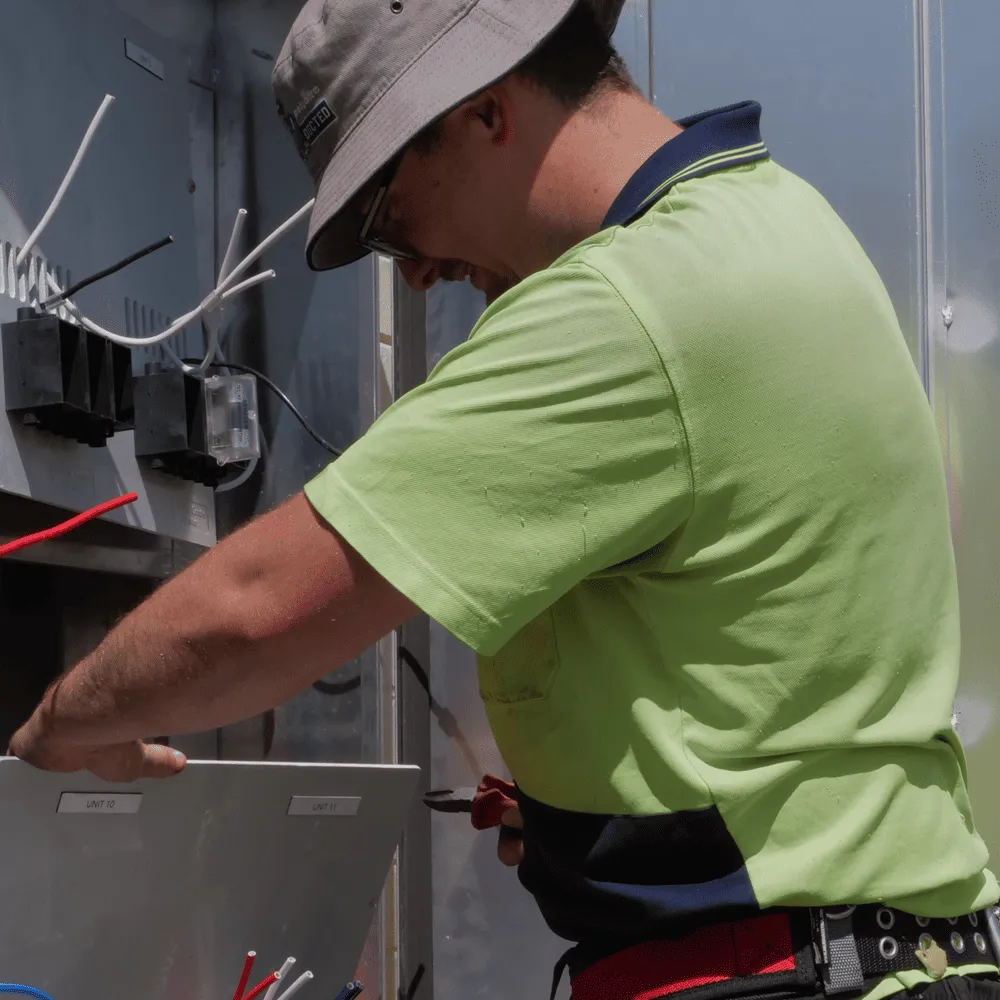The rapid advancements in artificial intelligence (AI) technologies have brought about significant changes in many sectors, including education. While AI offers promising benefits for enhancing learning and research, it also presents new challenges. Among these challenges is the increasing use of AI tools by students to cheat on assignments and exams, raising serious concerns about academic integrity within Australian universities. This article explores the implications of mass cheating through AI, the potential impact on the reputation of Australian higher education, and strategies to address these challenges.
Understanding AI-Driven Cheating
AI-driven cheating refers to the use of advanced technologies, such as AI-powered software and tools, to gain an unfair advantage in academic assessments. This can include using AI-generated content for essays, utilising chatbots for real-time assistance during exams, or employing sophisticated algorithms to bypass plagiarism detection systems.
How AI is Facilitating Cheating
- AI Writing Tools: AI-powered writing tools like ChatGPT and Grammarly have become popular among students for generating essays, reports, and other written assignments. These tools can produce coherent and well-structured content, making it difficult for educators to distinguish between student work and AI-generated material.
- Automated Research Tools: AI-driven research tools can quickly gather information from various sources, enabling students to compile research papers without fully engaging with the material. This not only undermines the learning process but also raises concerns about the originality and authenticity of student work.
- Real-Time Assistance: Some AI applications can provide real-time assistance during exams, offering answers or solving problems on behalf of students. This can compromise the integrity of examinations and devalue the qualifications awarded by universities.
Implications for Australian Universities
The rise of AI-driven cheating poses significant risks to the integrity and reputation of Australian universities. The implications include:
- Erosion of Academic Integrity: Academic integrity is a cornerstone of higher education. The increasing prevalence of AI-driven cheating threatens to undermine this foundation, leading to a loss of trust in the education system. This can have long-term consequences for the value of Australian degrees and the credibility of academic institutions.
- Impact on Student Learning: Cheating through AI tools diminishes the educational experience for students. When students rely on AI to complete assignments, they miss out on the critical thinking, problem-solving, and analytical skills that are essential for their personal and professional development.
- Reputation and Global Standing: Australian universities are recognised globally for their high academic standards and quality of education. Widespread cheating incidents could tarnish the reputation of these institutions, affecting their ability to attract international students and maintain partnerships with other universities worldwide.
Addressing the Challenges
To preserve the integrity of the education system and uphold academic standards, Australian universities must adopt proactive measures to combat AI-driven cheating. Some potential strategies include:
- Enhancing Assessment Methods: Universities can design assessments that require higher-order thinking and problem-solving skills, making it more difficult for AI tools to provide accurate solutions. This can include oral exams, group projects, and open-book assessments that encourage genuine engagement with the material.
- Implementing Advanced Detection Technologies: Educators can leverage AI to combat AI-driven cheating by using advanced detection software that identifies AI-generated content and monitors suspicious activities during exams. These tools can help detect anomalies and ensure that assessments reflect students’ true abilities.
- Promoting Academic Integrity: Universities should foster a culture of academic integrity by educating students about the ethical implications of cheating and the importance of honest work. Workshops, seminars, and campaigns can raise awareness and encourage students to uphold ethical standards.
- Collaboration and Policy Development: Collaboration between universities, government agencies, and technology providers is crucial for addressing the challenges posed by AI-driven cheating. Developing comprehensive policies and guidelines can help institutions navigate the evolving landscape of AI in education and ensure a consistent approach to maintaining academic integrity.
Conclusion
The rise of AI-driven cheating presents a significant threat to the integrity of Australian universities. As AI technologies continue to evolve, it is imperative for educational institutions to adapt and respond effectively to these challenges. By enhancing assessment methods, implementing advanced detection technologies, and promoting a culture of academic integrity, universities can safeguard their reputations and ensure that their graduates are well-equipped for the demands of the modern world. Maintaining academic standards is not only essential for preserving the value of Australian degrees but also for fostering a society that values knowledge, innovation, and ethical conduct.










